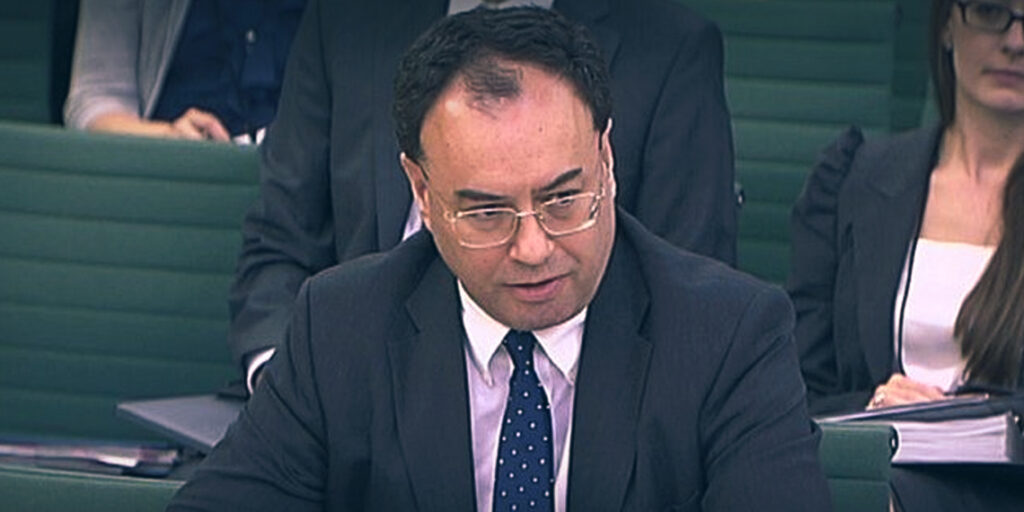The Governor of the Bank of England, Andrew Bailey, has acknowledged that Brexit has had a detrimental impact on the UK economy, highlighting its effects on trade and economic potential.
Speaking at the Mansion House dinner in London, Bailey emphasised the long-term challenges posed by the UK’s departure from the EU while urging opportunities to rebuild relations.
Bailey noted that Brexit had reduced the UK’s potential supply levels and disproportionately affected goods trade compared to services.
While careful to respect the referendum result, he encouraged efforts to strengthen ties with the EU in ways that benefit the economy.
Recent studies underline the financial toll Brexit has taken on households and businesses. Aston University Business School found that the value of UK goods exported to the EU was 27% lower and imports were 32% lower than they might have been without Brexit.
Additionally, a report by Cambridge Econometrics commissioned by City Hall revealed that the average UK resident was £2,000 worse off in 2023 due to Brexit, with Londoners experiencing even steeper losses of nearly £3,400 per person.
The governor also acknowledged that global geopolitical tensions and economic fragmentation have further complicated the UK’s economic outlook, compounding the challenges stemming from Brexit.
As Britain navigates this post-Brexit landscape, there is a pressing need for policies that can mitigate its economic impact and foster renewed growth.


